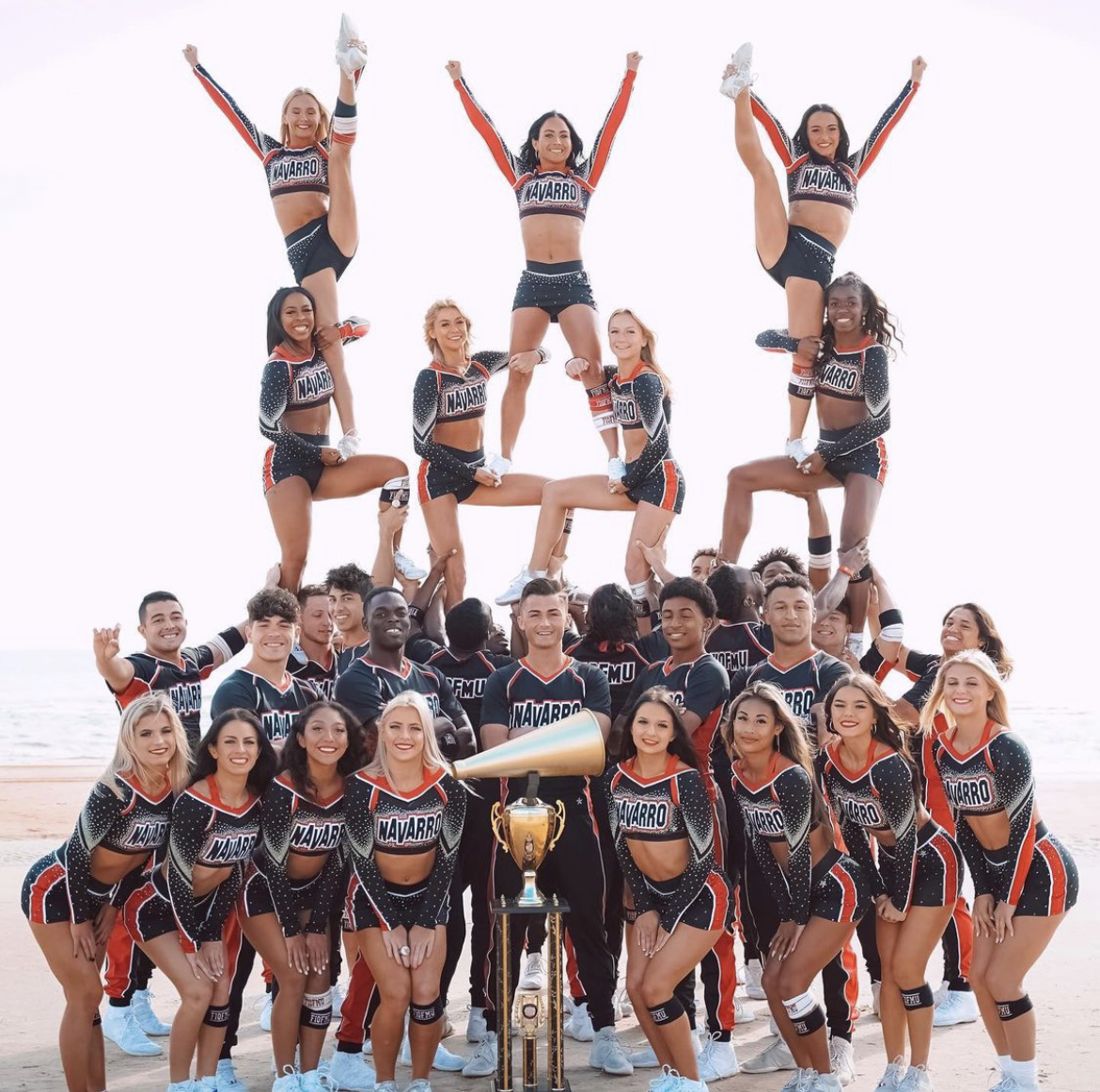Written by: Quincy Bentley | Sports Editor
The San Jose State University volleyball program has recently gained significant media attention due to the potential inclusion of a transgender player on their roster, and in just three weeks, four universities have forfeited their match against San Jose State. These schools include the University of Wyoming, Boise State University, Southern Utah University and Utah State University, which recently canceled their Oct. 23 match against San Jose State University — SJSU. Surprisingly, none of the schools came out with any statements explaining their reasoning behind the decision to forfeit.
The rumors about the SJSU player’s gender identity started in April 2024, when a website by the name of Reduxx published an article titled “Biological Male Quietly Joined Women’s NCAA Division I Volleyball At San Jose State University.” The player mentioned in the article is Blaire Fleming, a redshirt senior who transferred from Coastal Carolina University to SJSU in 2022. As of the 2024 season, Fleming has put up impressive numbers, ranking fourth in kills and fifth in service aces in the Mountain West Conference.
One of Fleming’s teammates, Brooke Slusser, a senior setter who transferred to SJSU from Alabama in 2023, has also been having a standout season. She is ranked third in assists, and tied for tenth in digs in the Mountain West Conference, but Slusser’s impressive stats aren’t the only reason she’s making headlines.
On September 23, Brooke Slusser filed a lawsuit against SJSU and the NCAA — “Slusser v. NCAA and San Jose State University.” The lawsuit, centered around Slusser’s teammate, Blaire Fleming, claimed that the university failed to inform her and her teammates that Fleming was transgender. Slusser also claimed that she roomed with Fleming on road trips without knowing about her gender identity, and in April 2024, Fleming allegedly disclosed to Slusser that she identifies as transgender. In a nutshell, Slusser argues that Fleming’s participation raises concerns about fairness and safety for female athletes, and she isn’t alone in this viewpoint. After all of this information surfaced, more than a dozen female college athletes accused the NCAA of violating sex based discrimination laws.
In regards to Fleming’s performance on the court, Slusser claimed that Fleming’s spikes were recorded at over 80 mph, which, according to her, is way faster than any female player she has ever seen. The lawsuit also shows that some players on the team were even concerned about getting concussions due to Fleming’s hard hitting spikes.
After noticing the attention the university was receiving, the Senior Director of Media Relations for SJSU, Michelle Smith McDonald, stated that the university will not publicly address the gender identity of any student due to the Family Educational Rights and Privacy Act. In a statement by the university, McDonald stated, “It is disappointing that our SJSU student-athletes, who are in full compliance with NCAA and Mountain West rules and regulations, are being denied opportunities to compete. We are committed to supporting our student-athletes through these challenges and in their ability to compete in an inclusive, fair, safe and respectful environment.”
Under current National Collegiate Athletics Association — NCAA — rules, transgender women are allowed to compete on women’s teams if they have undergone at least one year of hormone therapy to suppress testosterone levels, which is believed to reduce any potential competitive advantage. The NCAA’s guidelines are based on the belief that hormone therapy levels the playing field between transgender women and cisgender women. However, despite these regulations, the debate centers on whether the physical differences, even after hormone therapy, provide an unfair, competitive advantage.
Slusser and her legal team argue that the “Slusser v. NCAA and San Jose State University” lawsuit is about fairness and safety. It raises the question of whether previous policies properly protect female athletes from what they believe is an uneven playing field. This case doesn’t just highlight the debate within SJSU’s volleyball program, it highlights a debate that is playing out across all levels of competition around the globe. Depending on how this lawsuit goes, it could potentially lead to a new legal precedent or even a new set of rules within the NCAA, but as of right now, the debate over whether transgender women should be allowed to compete in women’s sports continues to stir controversy.
Contact the author at howlsports@wou.edu



